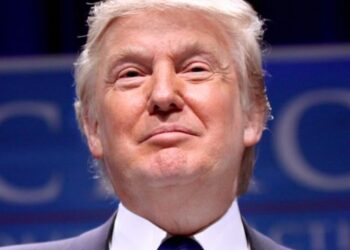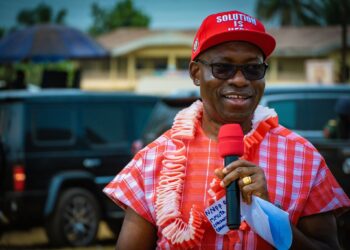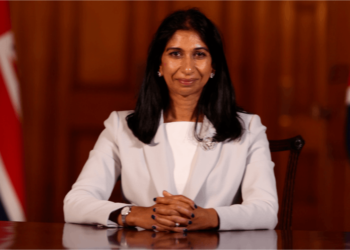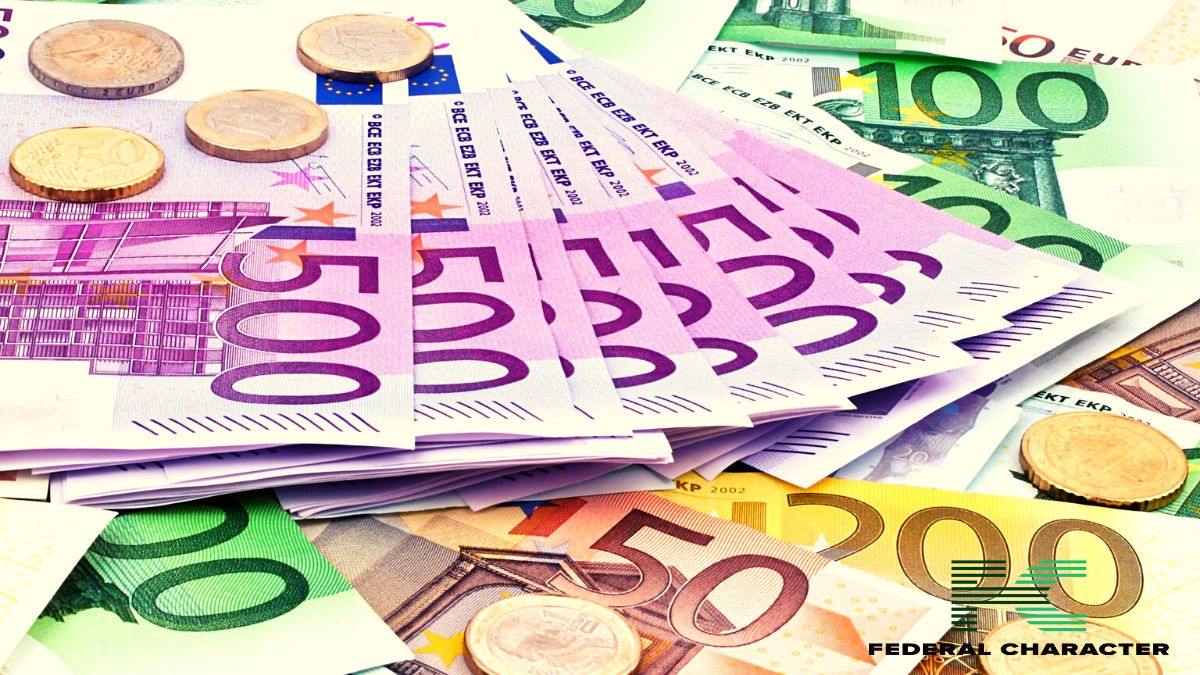In the political arena of Georgia, the fallout from the recent parliamentary elections is shaping up to be a dramatic saga filled with accusations, protests, and claims of electoral misconduct. On October 26, 2024, the ruling Georgian Dream party declared victory, securing nearly 54% of the vote, according to the electoral commission. However, the aftermath of this election has been anything but smooth, with President Salome Zourabichvili and opposition parties crying foul over what they describe as a “fraudulent” election process.
Zourabichvili, once a staunch ally of the Georgian Dream, has turned into one of its most vocal critics, labeling the elections as nothing less than a “Russian special operation.” While she refrained from directly linking Russia to the elections, her inflammatory rhetoric has ignited calls for protests across the capital, Tbilisi. “It was a total fraud, a total taking away of your votes,” she proclaimed to reporters while flanked by opposition leaders. Her rallying cry for Georgians to hit the streets on Monday is a reminder of the simmering tensions in a country that finds itself at a geopolitical crossroads.

Despite the electoral commission touting the elections as “free and fair,” opposition parties have wasted no time in challenging the results. They claim widespread violations, including ballot stuffing and voter intimidation, as reported by various monitoring missions, including the OSCE. These allegations point to a troubling trend of democratic backsliding in Georgia, which has been historically pro-Western yet now seems to be veering off course under Georgian Dream’s leadership.
Opposition leader Nika Gvaramia didn’t mince words, characterizing the election as a “constitutional coup” and a blatant “usurpation of power.” His sentiments were echoed by Tina Bokuchava of the United National Movement, who declared the election results as outright theft.
Bidzina Ivanishvili, the billionaire founder of Georgian Dream, celebrated the party’s triumph as its strongest showing since 2012. The electoral commission’s results revealed staggering margins of victory in rural areas, while the party struggled to make a dent in urban centers. Despite claiming to pursue EU membership, the party has faced criticism for its authoritarian tendencies, including the controversial “foreign agents” law and measures limiting LGBTQ rights. These moves have alienated Western allies and garnered praise from Russian officials, an ironic twist given Georgia’s complicated history with its northern neighbour.
The EU watches closely. Recent events, including Moldova’s narrow approval for EU accession amid allegations of Russian meddling, highlight the challenges the EU faces in expanding its influence in the region. With the opposition parties rejecting the election results and preparing for protests, the stage is set for a political drama that could redefine Georgia’s path forward.

















